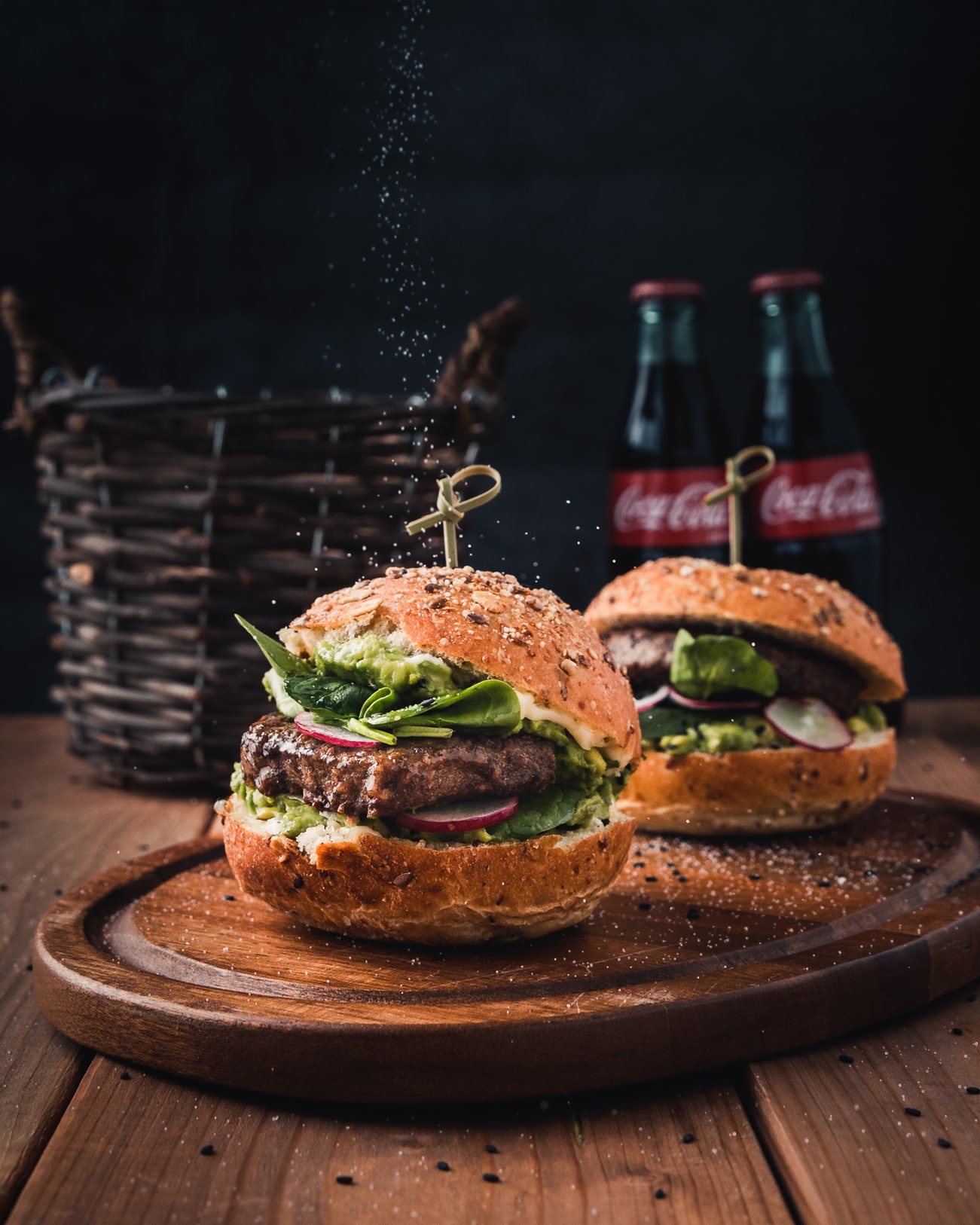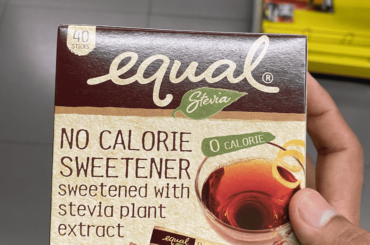Whether you are a foodie or not, you may have heard about these food myths. Maybe you were told by your parents about them. Maybe you found them on the internet.
Anyway we will be talking and hopefully debunk or talk about science behind some popular food myths out there.
1. You need to eat rice every day
No, you don’t need to eat rice every day. Actually, you should limit eating rice as much as possible.
Most western countries consume only 2-3 meals or rice per week while some asian countries eat rice 3-4 times a day.
Rice especially white rice is loaded with carbohydrates, which can send your glucose levels in a roller coaster ride. And some rice varieties have a high glycemic index that is not good for health.
Your carb content should not exceed more than 25% of your meal.
Learn more about how to select the best rice to eat,
2. You can go completely vegan
Most people like to eat a vegan diet, and eating a vegan diet can be a good thing. But some people like to take it to the extream by going 100% vegan and not taking any food from animal sources (ie. milk, eggs).
Doctors avoid going completely vegan because vitamin B12 is a micronutrient only found in animal-based food. And that means if you don’t eat any animal-based food then you are at risk of not getting enough vitamin B12 into your body.
If you develop vitamin B12 deficiency it can end up in anaemia (reduced red blood cells in your body), and permanent neurological deficiencies.
Pregnant and lactating vegan or vegetarian women should ensure an adequate intake of vitamin B12 to provide for their developing baby.
Medical Journal of Australia
3. Can red meat cause cancer?

One argument people make is if you eat too much meat you can get cancer and it is better to go vegan and stop eating meat.
This is not 100% incorrect. Because it has been found out that eating red meat carries a higher risk of developing colo-rectal carcinoma.
However, it’s not just about red meat but the risk increase with the way the meat is being cooked. For example, grilling, smoking and eating pre-processed meat increase the development of colorectal carcinoma.
But this doesn’t mean you should give up eating meat, you can still avoid eating processed meat and change the way you cook the meat.
It has been also shown that eating dairy products reduce the development of carcinoma.
Other excellent sources of protein include-
- Fish and seafood
- Poultry like chicken and turkey
- Dairy products such as cheese, milk and yoghurt
- Legumes such as beans, peas, lentils and soybeans
- Nuts and seeds
- Eggs
4. You can eat anything and burn the calories by exercising
Some people think that they can eat whatever they want and exercise to burn the calories away.
This is something practically impossible thing to do. Because it takes lot of work to burn the amount of calories in a high calorie diet like a burger.
For example you need to run for one hour to burn the calories in a Big Mac burger and a fries.
And when you add the other calories that maybe is in your food it is extremely difficult to burn all of them just by exercise.
So the best thing is to control your calorie intake and have a well-balanced diet.
5. There is no limit to your fruit intake

This is a mistake I did up until I changed my diet recently. I used to believe that fruits are natural products and I can eat as much as you want and it will not cause me any problems.
Well, guess I was wrong. There are fruits that have a high glycemic index value such as watermelon that you should eat as little as possible.
Even some fruits like bananas are moderate in the glycemic index they have a high carbohydrate load. Experts recommend that you should not eat more than three bananas a day.
Also fruit juices can increase their availability for absorption and they can also make your blood glucose levels to fluctuate. So it is also recommended to drink fruit juices in moderation.
But that doesn’t mean you should stop eating fruits. As with any food eating too much is the problem and you should eat any food in moderation.





1 Comment
Pingback: Get To Know The World's Healthiest Diet In 2020. - Go Grub It